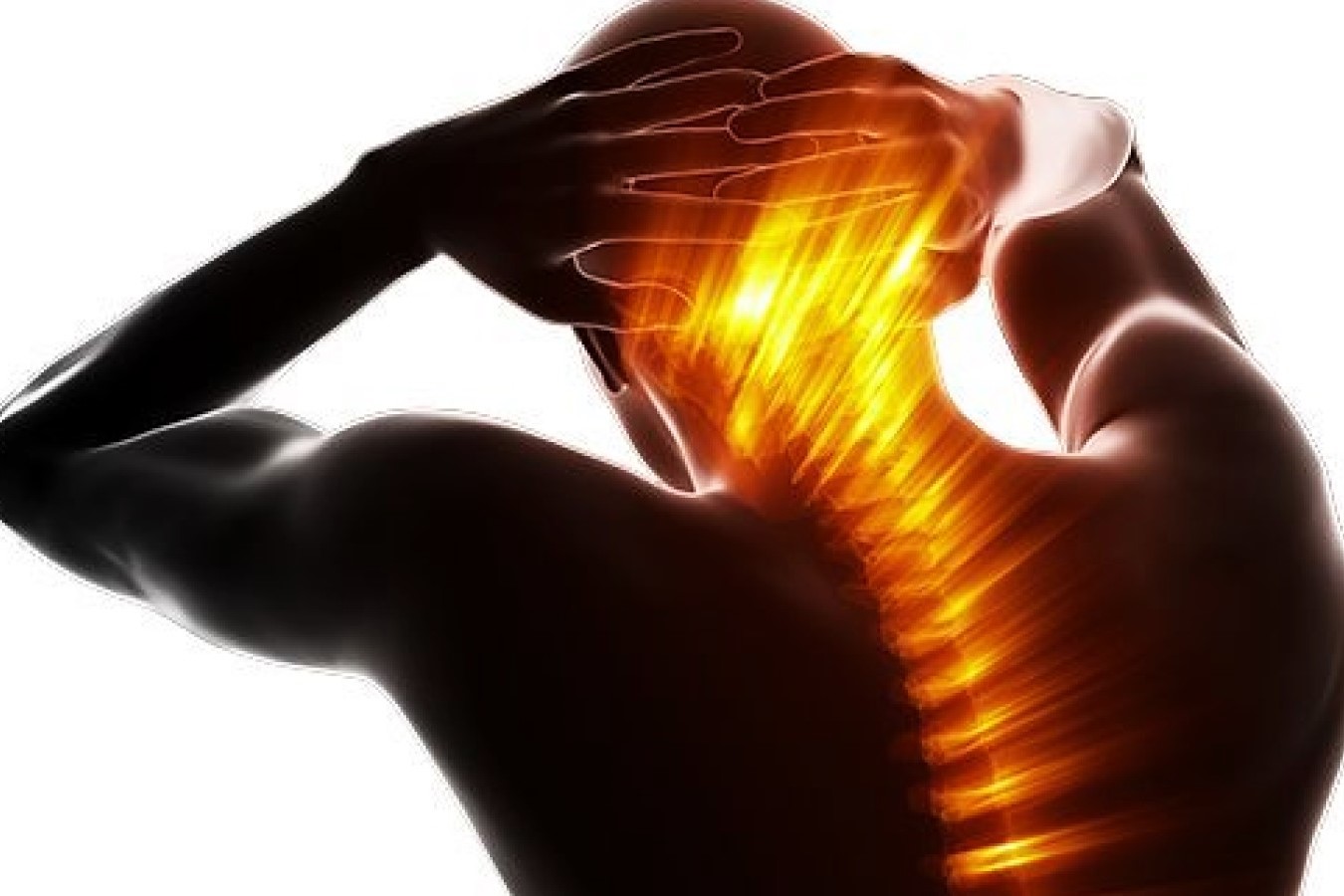
Chronic diseases affect millions globally, imposing significant challenges on individuals and healthcare systems alike. These conditions—such as heart disease, diabetes, and cancer—are among the leading causes of death and disability, and they place a substantial economic burden on societies. Despite their prevalence, many chronic diseases are preventable through lifestyle changes and early intervention. This article covers 30 critical facts about severe chronic conditions, highlighting their global impact, primary causes, economic implications, and the latest advancements in management and treatment. Understanding these facts is key to addressing the chronic disease crisis effectively.
Key Takeaways:
- Chronic diseases account for about 60% of global deaths and represent a significant financial burden on healthcare systems.
- Many chronic diseases can be prevented through lifestyle changes, and effective management involves ongoing care, education, and support for affected individuals.
Prevalence of Chronic Diseases
Chronic diseases are widespread, affecting individuals of all ages and backgrounds.
1. Nearly Half of All Adults
In the United States, nearly half of adults live with one or more preventable chronic diseases.
2. Increasing in Younger Populations
Chronic conditions once thought to affect mainly older adults are now prevalent among younger people due to lifestyle changes.
3. Chronic Conditions Among Children
Asthma, diabetes, and obesity are among the most common chronic conditions affecting children worldwide.
4. Global Prevalence
Chronic diseases account for 60% of all global deaths, underscoring their public health significance.
5. Rapid Increase
Many developing countries are experiencing a rise in chronic disease cases, often outpacing their healthcare infrastructure.
Leading Causes of Death
Chronic diseases are responsible for the majority of deaths globally.
6. Cardiovascular Disease
Heart disease remains the top cause of death worldwide, claiming millions of lives annually.
7. Stroke
Stroke is another leading cause of mortality and long-term disability, affecting millions each year.
8. Diabetes Mortality
Diabetes is a top contributor to death and disability, with rates increasing due to lifestyle factors.
9. Cancer Prevalence
Cancer remains a significant cause of death, with its incidence continuing to rise globally.
10. Chronic Respiratory Diseases
COPD and asthma contribute to high mortality rates, particularly in areas with high pollution.
Economic Impact of Chronic Diseases
The financial burden of chronic diseases is extensive, affecting economies worldwide.
11. High Healthcare Costs
In the U.S., 95% of healthcare costs for older adults stem from chronic disease management.
12. Global Productivity Losses
Chronic diseases lead to productivity losses worth billions due to missed work and reduced workforce participation.
13. Individual Financial Strain
The costs of managing chronic diseases can strain household finances, particularly for low-income families.
14. Disability-Related Costs
Chronic diseases often result in long-term disabilities, leading to additional financial burdens for care and support.
15. Insurance and Out-of-Pocket Costs
Many chronic disease treatments are not fully covered by insurance, increasing out-of-pocket expenses for patients.
Preventability and Risk Factors
Preventable risk factors play a significant role in the onset of chronic diseases.
16. Modifiable Lifestyle Choices
Diet, exercise, and smoking are major modifiable risk factors that significantly affect chronic disease outcomes.
17. Environmental Influences
Exposure to environmental pollutants and toxins increases the risk of chronic respiratory conditions.
18. Impact of Weight
Obesity is a high-risk factor for conditions like diabetes, heart disease, and some cancers.
19. Alcohol and Tobacco Use
Alcohol and tobacco use are significant contributors to chronic diseases, particularly liver disease and lung cancer.
20. Role of Genetics
Although lifestyle factors are critical, genetics also play a role in predispositions to certain chronic conditions.
Management and Treatment Needs
Effective management is essential for individuals living with chronic diseases.
21. Ongoing Management
Most chronic diseases require lifelong management rather than one-time treatments, adding to long-term healthcare needs.
22. Self-Management Strategies
Patients benefit from self-management techniques like setting health goals and regular monitoring.
23. Importance of Healthcare Access
Access to medical care is vital for managing chronic conditions, with disparities affecting outcomes in low-income populations.
24. Mental Health Considerations
Chronic diseases often impact mental health, leading to conditions like anxiety and depression.
25. Patient Education
Education about chronic diseases empowers patients to make informed lifestyle and treatment decisions.
Advancements in Technology
Technology is transforming chronic disease management and monitoring.
26. Mobile Health Applications
Mobile apps help patients track symptoms, manage medications, and communicate with healthcare providers.
27. Telehealth Services
Telehealth improves access to healthcare, particularly for patients in remote areas with limited provider availability.
28. Wearable Health Devices
Wearable technology enables real-time monitoring of health metrics, aiding in chronic disease management.
29. Remote Monitoring
Remote monitoring allows healthcare providers to track patient conditions, reducing hospital visits.
30. Artificial Intelligence in Healthcare
AI advancements are improving diagnostic accuracy and personalizing treatment plans for chronic conditions.
The Path Forward in Combating Chronic Diseases
Chronic diseases pose a growing global challenge, impacting health, economies, and quality of life. Effective prevention, personalized management, and equitable access to healthcare are essential in addressing these conditions. Lifestyle adjustments, public health policies, and advancements in technology offer promising pathways to reducing the burden of chronic illness. By prioritizing preventive measures, supporting research, and fostering awareness, we can make meaningful strides in improving outcomes for those affected. Together, these efforts create a foundation for a healthier future, emphasizing the importance of sustained action against chronic disease.
Frequently Asked Questions
Was this page helpful?
Our commitment to delivering trustworthy and engaging content is at the heart of what we do. Each fact on our site is contributed by real users like you, bringing a wealth of diverse insights and information. To ensure the highest standards of accuracy and reliability, our dedicated editors meticulously review each submission. This process guarantees that the facts we share are not only fascinating but also credible. Trust in our commitment to quality and authenticity as you explore and learn with us.
